San Isidro, Philippines — A single mother and a teacher, Vanessa shares a tiny house in the village of San Isidro in central Philippines with her two children, mother, stepfather and six younger brothers. And she is the happiest she has been in six years. After enduring years of emotional and verbal abuse from her husband, she found the courage to leave him and returned to her family home.
As she begins to talk about her marriage, Vanessa tears up. “It’s just difficult to deal with the emotional bruises…because you don’t know how deep those are…. unlike the physical bruises that heal,” she says.
Vanessa met her husband while still in college, got pregnant and married in 2016, despite her mother’s objections.
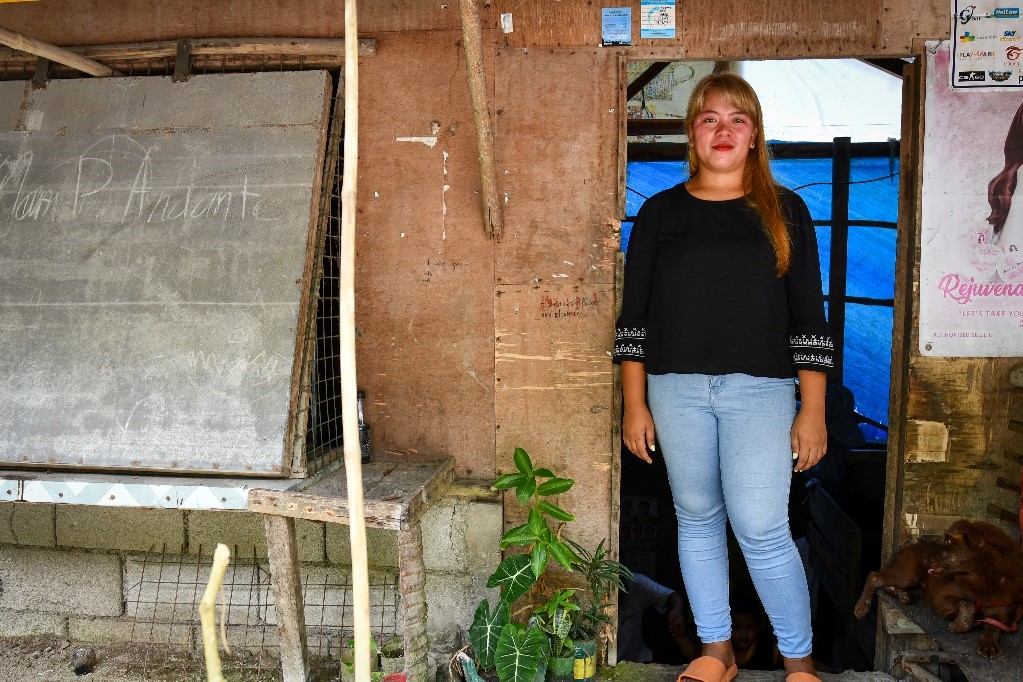
The couple soon moved to Cebu city, more than 300 miles from Vanessa’s family home: “It was the most isolated I’ve felt in my entire life. I (was) left alone in the apartment, just waiting for him to get back. I never got to meet any of his colleagues or their families. Coming from a poor family, I did not bring anything with me. He refused to buy me any clothes, not even a maternity dress. I told myself I have to work.”
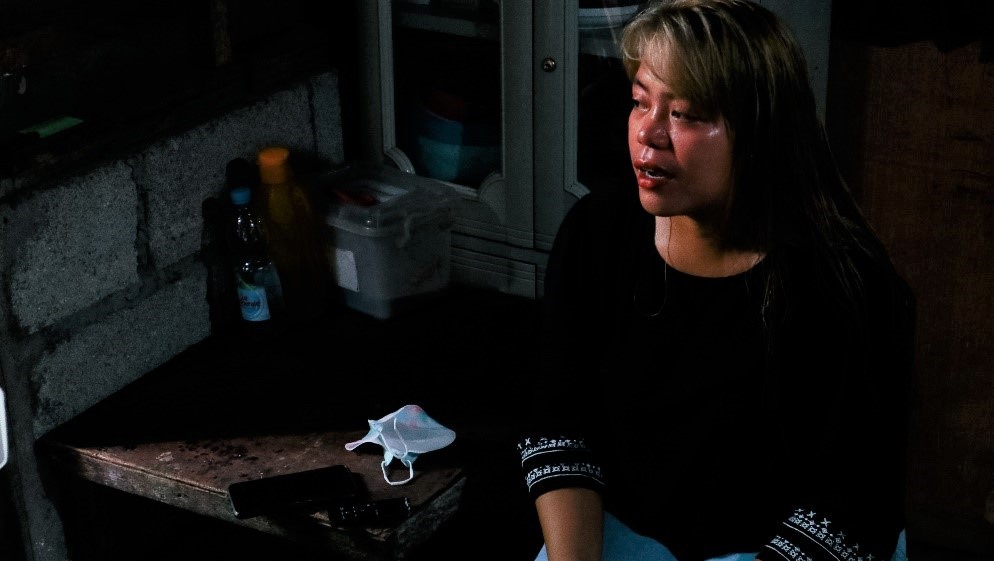
After a year, the family returned to San Isidro and Vanessa went to work as a teacher at her old elementary school: “I was so happy.” But her happiness was short-lived. Her husband gave up his job, took out big loans in her name, forcing her to constantly borrow to pay the family bills.
“He would abuse me, call me ugly and chubby. He started cheating on me with other women and blamed me for it. I became paranoid. ‘What’s wrong with me? What should I do to make my marriage work,’” I wondered. Every time he would get angry, he would smash something, like the computer I bought for work. He would control all my money. He didn’t want me to color my hair, paint my nails or wear lipstick. I was not allowed to wear jeans, not have a Facebook account, or meet my co-workers after working hours…he really, totally took control of my life.
“I kept telling myself it’s normal for a wife and husband to have arguments. He’s jealous because he loves me.” Vanessa grew up in a broken family and didn’t want the same for her children. “I convinced myself to carry on.”
When Vanessa couldn’t meet one of her husband’s money demands, he threw her out of the house. She returned to her mother.
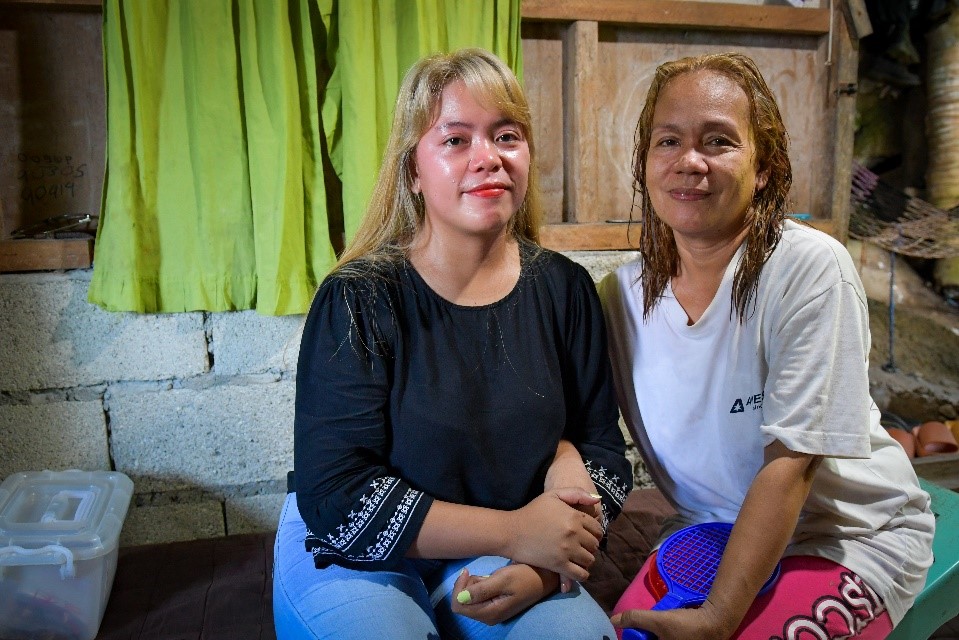
Josephine Roxas urged her daughter to come to terms with the fact that she was experiencing verbal, psychological and economic abuse. She handed her a leaflet that explained abuse as per the Philippine’s Anti-Violence Against Women and their Children Act. “When I read the leaflet, I realized that my marriage was not normal, that I was being violated and it was unhealthy and damaging.”
Roxas, a peer educator with the Sexual Health and Empowerment (SHE) project, counsels women on sexual and reproductive health and rights and gender-based violence and links them to care. The SHE project is led by Oxfam Canada and funded by Global Affairs Canada. Jhpiego’s role in the project is to improve the capacity of the public and private health systems to provide comprehensive and gender-responsive sexual and reproductive health services.
When Vanessa’s husband slapped her during a Christmas party thrown by her work colleagues, she decided to end to the marriage and take control of her life.
Roxas introduced her daughter to Mercy Amor Castillo, the Jhpiego-trained social worker at the local government of San Isidro. Castillo helped Vanessa regain custody of her son and daughter.
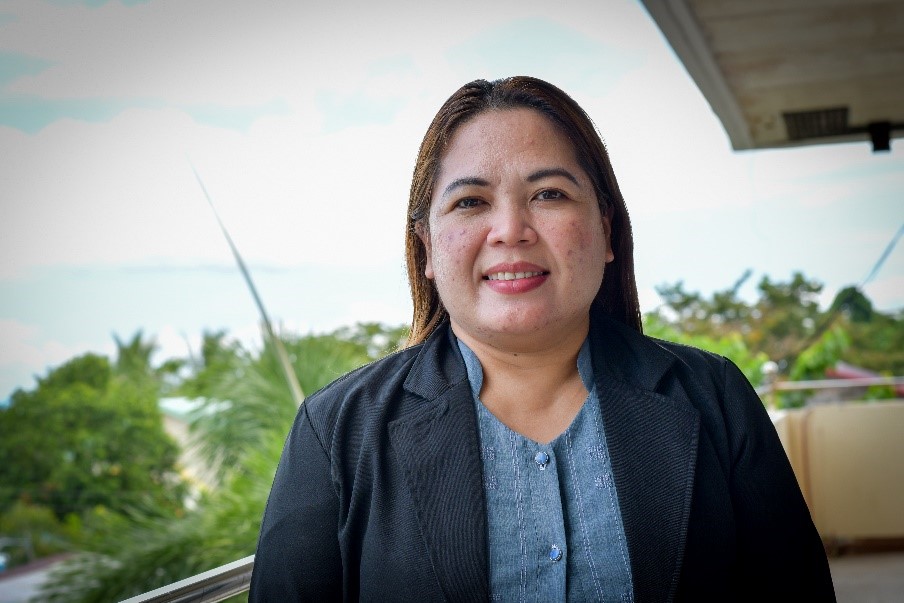
“Jhpiego’s trainings have done a lot of good because now, all the stakeholders involved in violence against women and children cases are very knowledgeable. The barangay (village) teams are able to recognize cases and they are able to provide the right care and referrals to them. With Jhpiego’s help, we have provided them with a reporting system so that they can correctly document the case. Plus, our referral system has been strengthened in the right direction,” says Mercy. “I was very touched when the children were reunited with Vanessa after a month of being apart….how they ran to their mother and hugged her!”
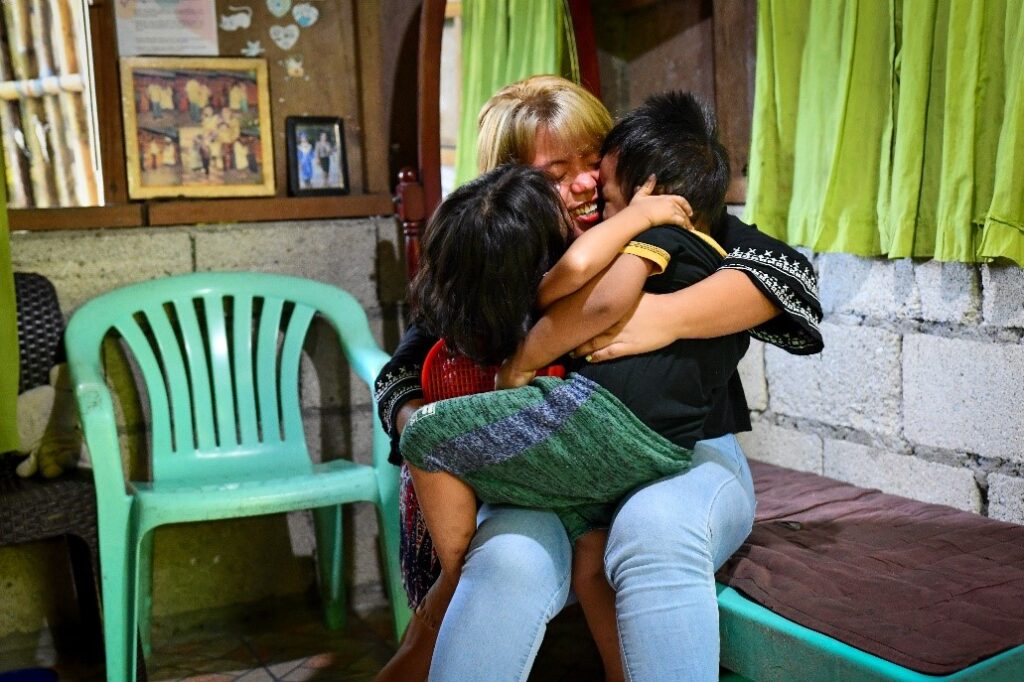
With Mercy’s help, Vanessa now has a signed agreement with her husband to share custody of the children. and she is looking forward to simple pleasures in life: “I just want to provide them with all they want. Like, if they would ask me for a burger or a pizza, I want to be able to give them that.”
“Educating a woman about her rights is very important. In my case, I would not have stayed that long if I knew my rights from the very start,” says Vanessa.
To women who are in abusive relationships, she advises: “Find your worth. Don’t let anyone belittle you, say mean words to you…you don’t deserve it. None of us deserve it.” With her painted nails, her colored hair, and her bright red lips, Vanessa is celebrating her new beginning.
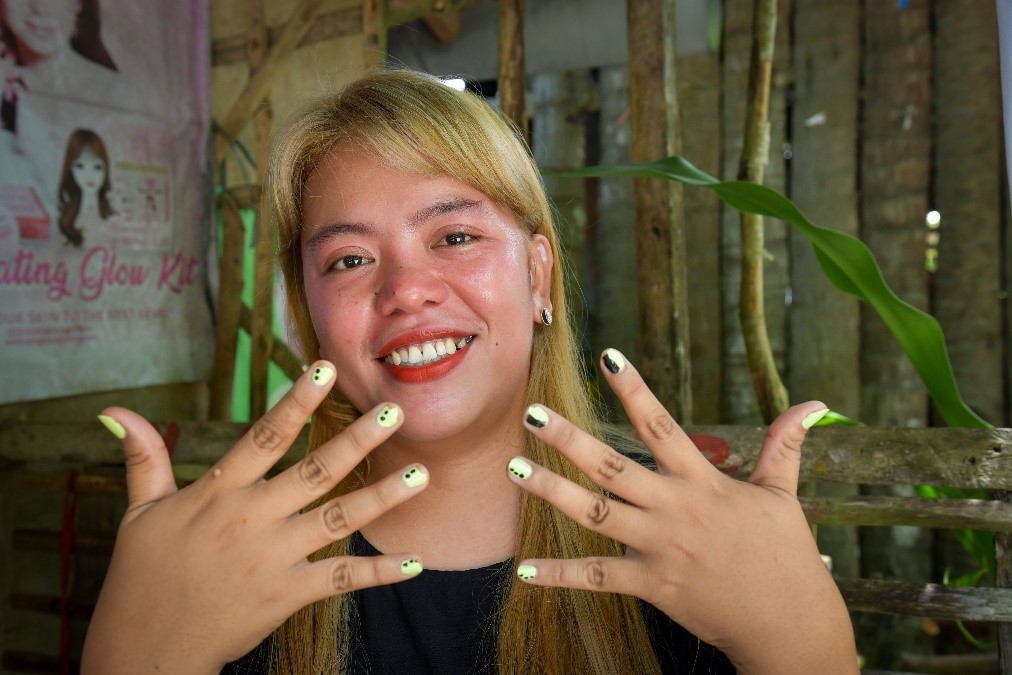
Indrani Kashyap is the Associate Director of Regional Communications. Jeremiah Eleazer Sotto, the Monitoring, Evaluation and Learning Officer in Jhpiego’s Philippines office, contributed to this story.




